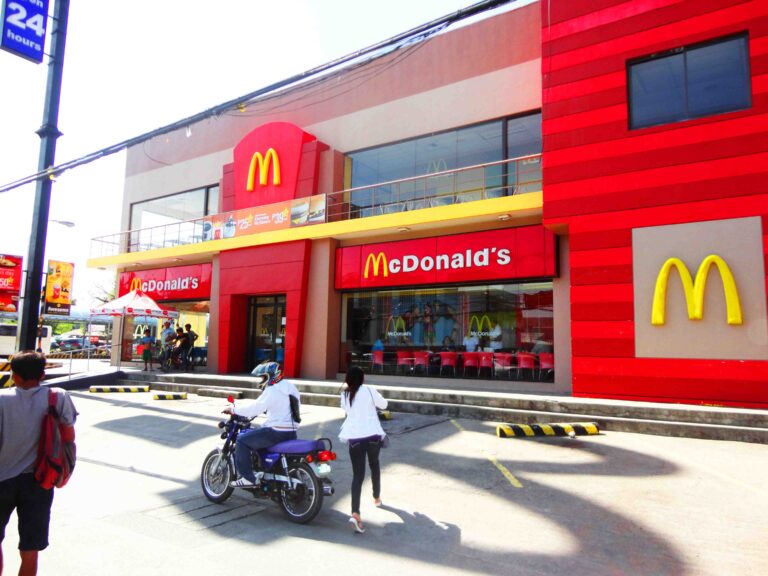How to Say Merry Christmas German
When interacting with German-speaking individuals during the holiday season, you'll want to use phrases like "Frohe Weihnachten!" or "Fröhliche Weihnachten!", which directly translate to "Merry Christmas" in German. These common greetings demonstrate cultural awareness and appreciation. Mastering these phrases enhances communication during the holidays and can be combined with New Year's wishes, such as "Frohe Weihnachten und ein gutes neues Jahr!" for a unified greeting. Incorporating festive phrases into daily interactions will also improve your fluency and show respect for local traditions. Understanding the cultural significance behind these phrases will further enrich your holiday interactions.
Common Christmas Greetings in German
When saying Merry Christmas in German, a few common phrases will help you get into the holiday spirit. The most common phrase is "Frohe Weihnachten!" or "Fröhliche Weihnachten!", conveying a joyful sentiment. If you want to add a little more flair, you could also say “Frohe Festtage!” which translates to “Happy Holidays!” This is a more general greeting that encompasses the entire holiday season. Whichever phrase you choose, the important thing is to spread joy and goodwill to those around you. Say Merry Christmas in German and bring a smile to someone’s face this holiday season!
These greetings hold cultural significance, as they're widely used in Germany and other German-speaking countries. Regional variations may occur, but these phrases are generally accepted.
You can also use "Schöne Feiertage!" as a more general holiday greeting, suitable for non-Christmas celebrators. Additionally, "Ein frohes Weihnachtsfest!" and "Ein gesegnetes Weihnachtsfest!" can be used in more festive or religious contexts.
These greetings will help you connect with the local culture and show your appreciation for the holiday season.
German Christmas Traditions and Foods
In the midst of holiday cheer, German Christmas traditions and foods play a significant role in shaping the country's festive atmosphere. As you engage yourself in the local culture, you'll notice the significance of Advent customs, which begin four Sundays before Christmas. Traditional foods, such as Lebkuchen and Stollen, are also a highlight of the season.
| Traditional Foods | Festive Meals | Seasonal Drinks |
|---|---|---|
| Lebkuchen | Roast goose or duck | Glühwein |
| Stollen | Festive Christmas market treats | Weihnachtsmärkte beverages |
| Glühwein | Heiligabend feast | Seasonal fruit juices |
| Weihnachtsmärkte treats | Family gatherings | Hot chocolate |
| Regional specialties | Local Christmas desserts | Mulled wine |
Christmas Songs and Poems in German
Music and poetry are integral to the festive atmosphere of a German Christmas, evoking emotions and memories that bring people together during the holiday season.
You'll find that traditional German Christmas songs, such as "O Tannenbaum" and "Stille Nacht, heilige Nacht" ("Silent Night"), emphasize peace and calmness, reflecting a rich German carol history.
The festive lyrics significance is evident in popular songs like "Wir wünschen euch frohe Weihnacht," which translates to "We wish you a Merry Christmas."
Many German children also recite Christmas poems, like "Advent" by Rainer Maria Rilke, highlighting the themes of anticipation and joy associated with the Advent season.
These cultural expressions reinforce communal bonds and shared joy during the season.
New Year Wishes in German
As the festive season winds down, you might still be looking for ways to express your well-wishes to friends and family in German.
New Year celebrations in Germany involve various traditions, including exchanging heartfelt wishes. To convey a sense of excitement and optimism, you can say "Guten Rutsch ins neue Jahr!" or "Happy slide into the new year!" in the days leading up to December 31st.
On January 1st, a common phrase is "Frohes Neues Jahr!" or "Happy New Year!" To add a personal touch, you might say "Ein Neujahr voller Glück!" or "A New Year full of luck!"
During New Year celebrations, a popular toast is "Prosit Neujahr!" or "A good and prosperous New Year to you!"
German Christmas Vocabulary and Phrases
As you explore the nuances of German language during the festive season, you'll find that mastering common Christmas phrases, seasonal expressions, and holiday wishes can greatly enhance your communication.
Learning phrases like "Frohe Weihnachten!" or "Fröhliche Weihnachten!" can help convey a sense of joy and festivity, while expressions like "Schöne Feiertage!" provide a more general holiday greeting.
Common Christmas Phrases
When it comes to spreading holiday cheer in Germany, knowing the right Christmas phrases can go a long way. Familiarizing yourself with common expressions can make your interactions more authentic and enjoyable.
Unique expressions like "Frohe Weihnachten!" (Merry Christmas) and "Fröhliche Weihnachten!" (a more traditional Merry Christmas) will help you blend in with the locals. Regional variations may exist, but these phrases are widely understood.
For a broader greeting, use "Schöne Feiertage!" (Happy Holidays), while "Ein gesegnetes Weihnachtsfest!" (A blessed Christmas) is suitable in religious contexts.
To combine Christmas and New Year wishes, say "Frohe Weihnachten und ein gutes neues Jahr!" (Merry Christmas and a Happy New Year).
Seasonal Expressions
Your German Christmas vocabulary isn't complete without a range of seasonal expressions to complement your holiday greetings.
To expand your festive expressions, consider using phrases that evoke a sense of joy, neutrality, or spirituality. For instance, you can express vibrant joy with "Fröhliche Weihnachten!" or convey a more subdued sentiment with "Schöne Feiertage!"
If you prefer a more spiritual tone, "Ein gesegnetes Weihnachtsfest!" is a suitable option. When speaking to non-Christmas celebrators, "Schöne Feiertage!" is a more inclusive phrase.
These expressions will enrich your Christmas vocabulary and enable you to engage in more nuanced conversations during the holiday season. By incorporating these festive expressions into your interactions, you'll be able to convey your holiday sentiments more effectively.
Holiday Wishes
The festive lights of the Christmas tree aren't the only thing that sets the mood for a joyful holiday season – warm wishes to loved ones do too. As you participate in holiday customs and admire festive decorations, using the right phrases can add to the cheer. Here's a list of common holiday wishes in German:
| Phrase | Translation | Formality |
|---|---|---|
| Frohe Weihnachten! | Merry Christmas! | Informal |
| Fröhliche Weihnachten | Joyful Christmas | Informal |
| Ein gesegnetes Weihnachtsfest | A blessed Christmas | Formal |
| Schöne Feiertage! | Happy holidays! | Informal |
When speaking to loved ones, consider using phrases like "Frohe Weihnachten und ein gutes neues Jahr!" (Merry Christmas and a Happy New Year!) to combine Christmas and New Year greetings.
Language Learning and Engagement Tips
During the holiday season, you'll have ample opportunities to engage with the German language and submerge yourself in its festive traditions.
To enhance your learning experience, consider participating in a language exchange with a native speaker. This will allow you to practice festive vocabulary, such as "Frohe Weihnachten" (Merry Christmas) and "Weihnachtsbaum" (Christmas tree).
Engaging with authentic materials, like Christmas songs and holiday poems, can also provide context and reinforce your language skills.
By incorporating these activities into your learning routine, you can improve your pronunciation, fluency, and overall understanding of the German language during the holiday season.
This will enable you to connect more deeply with German cultural traditions and communicate effectively with native speakers.






